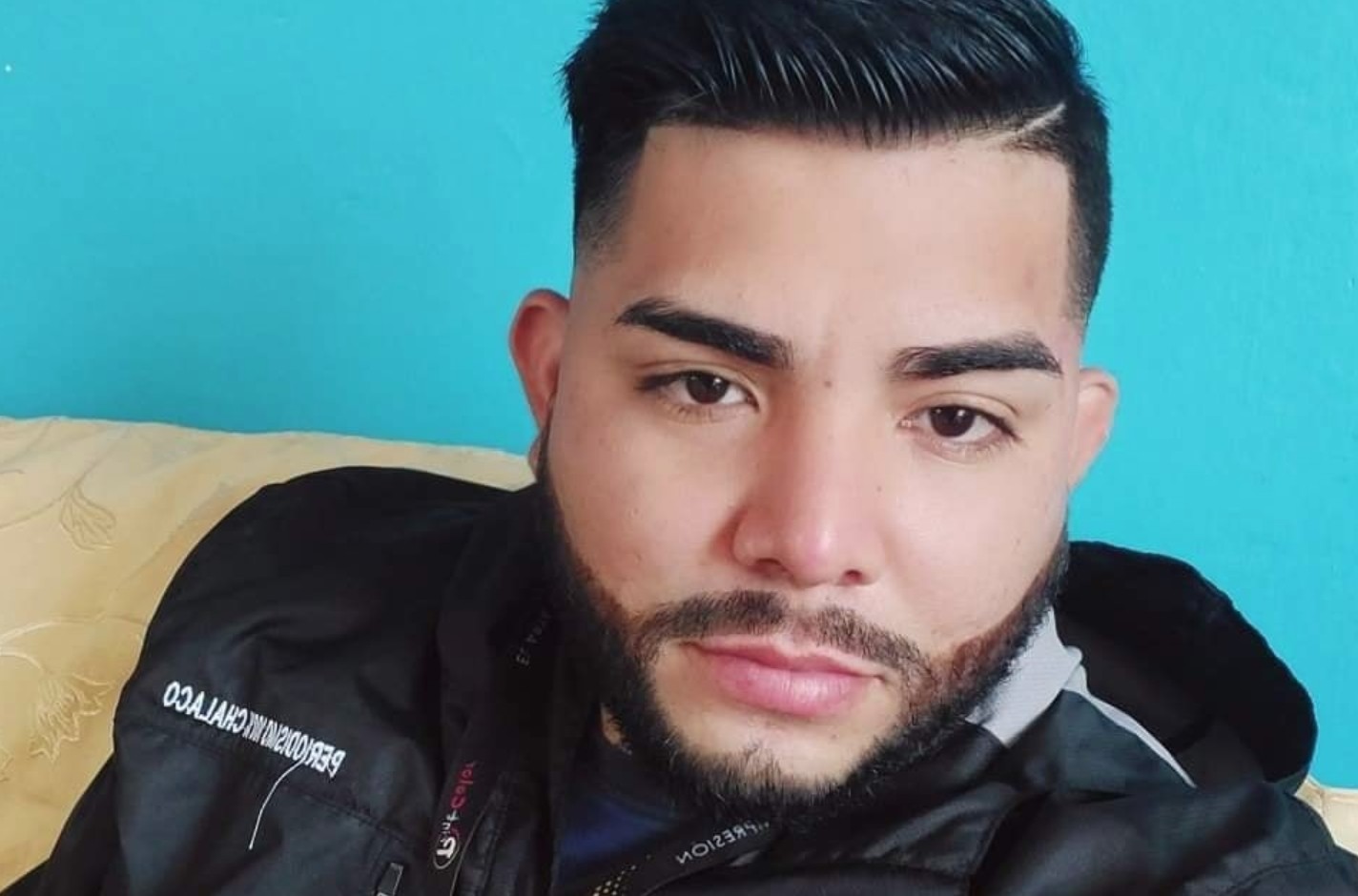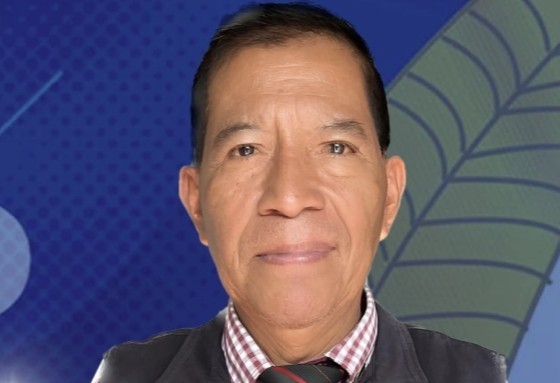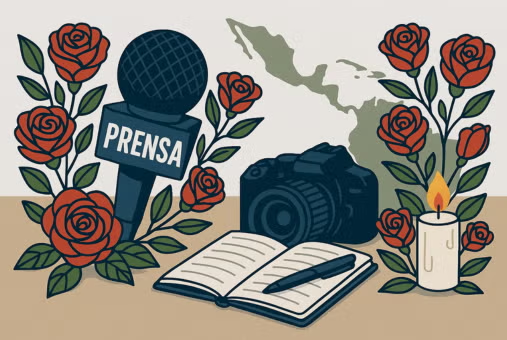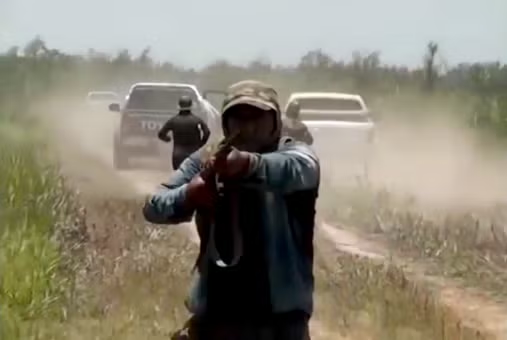
Bolivian Journalists Abducted and Tortured in 2021 Remain Without Justice
November 5, 2025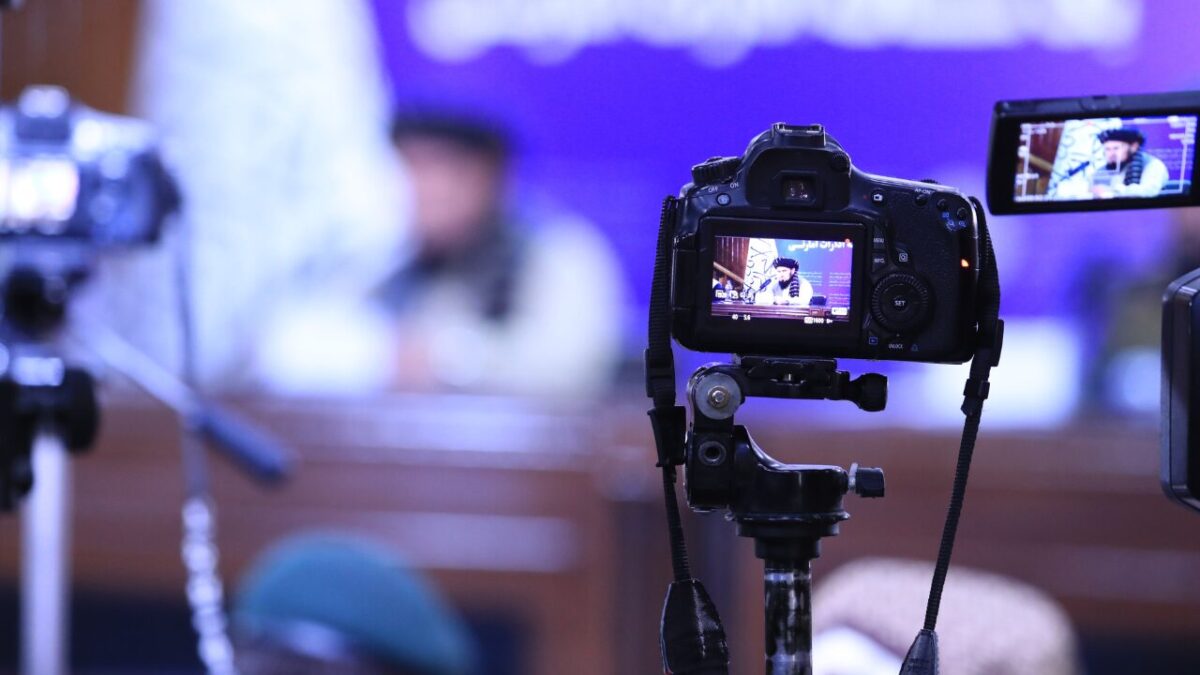
Taliban Repurpose Forced “Confessions” of Afghan Journalists for Online Intimidation
November 6, 2025November 05, 2025 – Mexico –
Veteran investigative journalist Adela Navarro Bello has publicly accused prominent businessman Manuel Cisneros Romero of orchestrating a campaign of intimidation directed at her newsroom, including the presence of armed bodyguards within the office premises. The allegations, published by LatAm Journalism Review, claim that Cisneros Romero, father of political figure Omar Cisneros Salcedo, sent security personnel linked to his private company to the building housing the magazine Zeta in Baja California following coverage of alleged corruption involving his family’s financial interests.
Navarro, who heads Zeta—a publication known for fearless investigations into organised crime and government graft, said the incident marks yet another escalation in the threats she has faced over decades of contested coverage. She told colleagues the presence of heavily armed individuals stationed near reporters’ desks created a climate of fear that undermines newsroom independence. Zeta, whose editors have been murdered or attacked for their work, now argues this episode signals a new dimension of harassment: corporate force-projection in a newsroom setting.
The businessman in question reportedly denied the claims when approached by local media, stating his security team was present “for routine property protection” and not connected to the story covered by Zeta. Yet press-freedom advocates say the lack of transparent legal oversight for private armed guards in media spaces shifts responsibility squarely onto authorities, who they say have failed to act decisively. The reluctance to investigate such cases, they argue, fosters a permissive environment for intimidation.
Observers highlight that this development extends beyond a single newsroom: it reflects a pattern in Mexico where private interests, armed actors, and local officials increasingly intersect to suppress critical journalism. The episode reinforces deep concerns about the shrinking space for investigative reporting, especially in regions where powerful business-political networks operate with impunity.
Navarro has called on the federal attorney-general’s office and Baja California’s human-rights commission to launch a formal probe, secure the safety of her staff, and review the legal status of armed private agents inside media organisations. Without prompt action, she warns, the message to her newsroom—and Mexico’s press more widely—will be clear: press freedom fears reprisals not only from criminals or officials but from well-connected corporate actors with muscle.
Reference –


